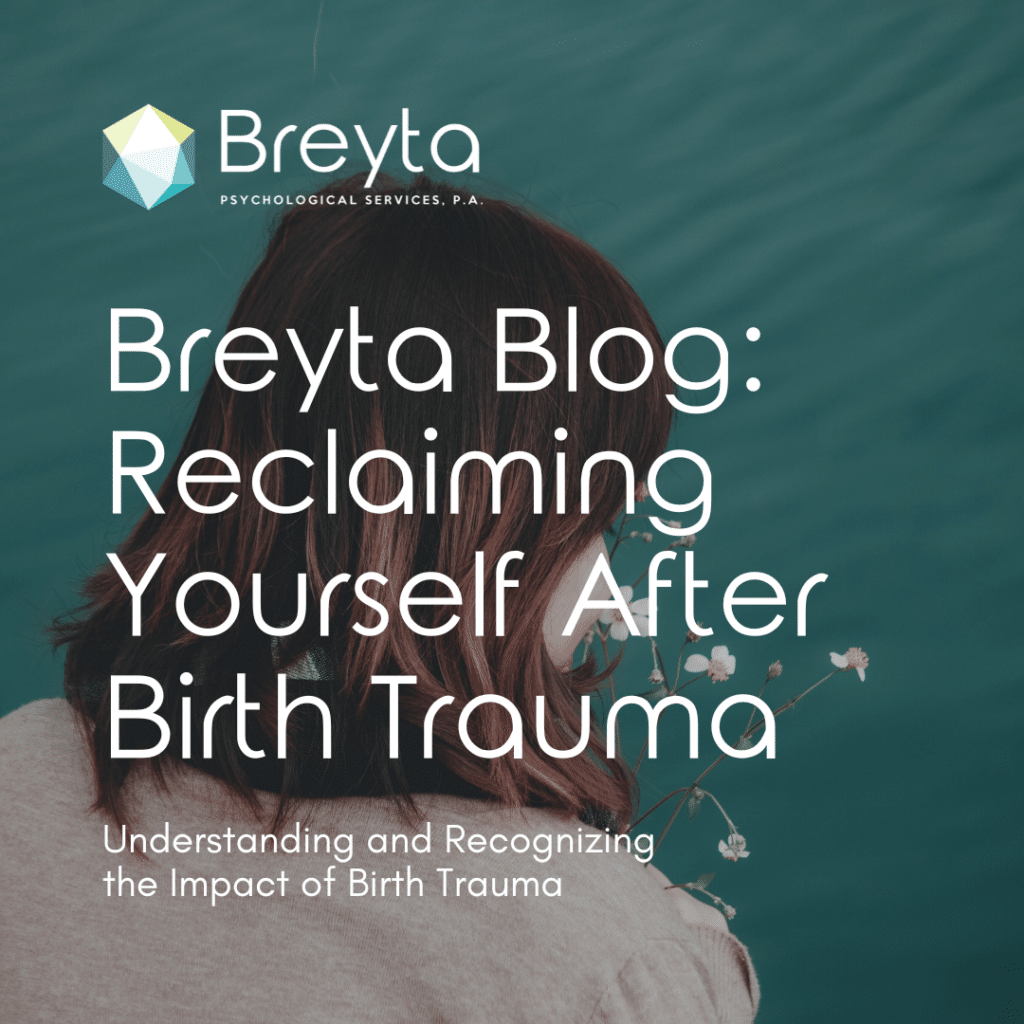Sometimes, it can be hard to recognize what trauma really looks like. After all, the signs that someone has lived through a traumatic experience can vary. Furthermore, many people are told that trauma from their past is actually no big deal. Basically, many people go through life-altering events that are subsequently minimized and dismissed in our culture.
This makes it difficult to pinpoint when you or a loved one has suffered through trauma. You or someone you know may have experienced trauma and not have made the connection between the event and your current difficulties. It’s also important to note that not everyone who experiences a trauma will develop PTSD. Just because you don’t have severe PTSD symptoms doesn’t mean what you went through wasn’t traumatic emotionally. It’s also possible for someone with PTSD to not realize the source of their struggle is actually due to the posttraumatic stress.
Either way, it’s common for trauma survivors to go through life without connecting their symptoms to events in the past. However, there are a few telltale signs that you can keep an eye out for, both in yourself and in others. Here are a few symptoms that can let you know when someone may have undergone trauma. While the presence of these symptoms does not necessarily mean the person definitely experienced a trauma, it points to the likelihood that they may have. This helps you and those around you respond with heightened understanding and compassion.
Identify Triggers
Have you ever entered a particular situation, only to feel like you had to get out right away? Has this occurred when you went to a certain location or found yourself in the presence of a specific person? Or maybe you’ve observed similar behavior in a loved one. Perhaps these involuntary reactions started after an event that deeply affected you – one that you haven’t fully recovered from.
This could be an indication that what occurred was genuinely traumatic. On the other hand, if you or a loved one are trying to avoid triggers, it’s a common sign of trauma.
Physical Symptoms
You can’t seem to get rid of your persistent headaches. Every night, you have trouble falling asleep. Your appetite has changed, and you’ve been dealing with stomach pains for months. Sometimes, you even have muscle aches. Yet, there doesn’t seem to be any clear cause for these symptoms.
If this sounds relatable, trauma could be the underlying cause of your aches and pains. Unfortunately, many people do not realize that mental health conditions can lead to physical symptoms. This is true for people who have lived through trauma.
Mood Swings
One moment, you feel happy and content. The next, you’re on the verge of tears. Or maybe your mood perks up when you run into a friend while you’re out and about, but after a few minutes of conversation, you suddenly feel trapped and desperate to leave.
Mood swings can be another sign of trauma. And perhaps you haven’t personally experienced this, but maybe you’ve noticed a loved one who often experiences mood swings. While trauma isn’t the only reason this happens, it can be connected.
Withdrawing From Loved Ones
You haven’t seen your friends in a while. Part of you feels desperate for connection. But when they do invite you to a gathering, you hesitate to say yes. Maybe you agree to come, only to back out at the last minute.
Or maybe you’ve been trying to get back in touch with a friend who you barely see anymore, and you’re concerned about them. But whenever you reach out, they seem distant, and you never end up making real plans. Sometimes, trauma can cause people to withdraw from their social circles, even when they need someone to lean on more than ever.
Guilt, Shame, or Denial
When you reflect on a particular event, you catch yourself trying to suppress your emotions. Sometimes, you ask yourself how you could have allowed it to happen to you, and the shame is overwhelming. Or maybe you even try to pretend that it never happened – you can’t forget about it, but you wish you could simply go back and erase it. Of course, trauma is not your fault, but sadly, guilt, shame, and denial can all come up in the aftermath of trauma.





